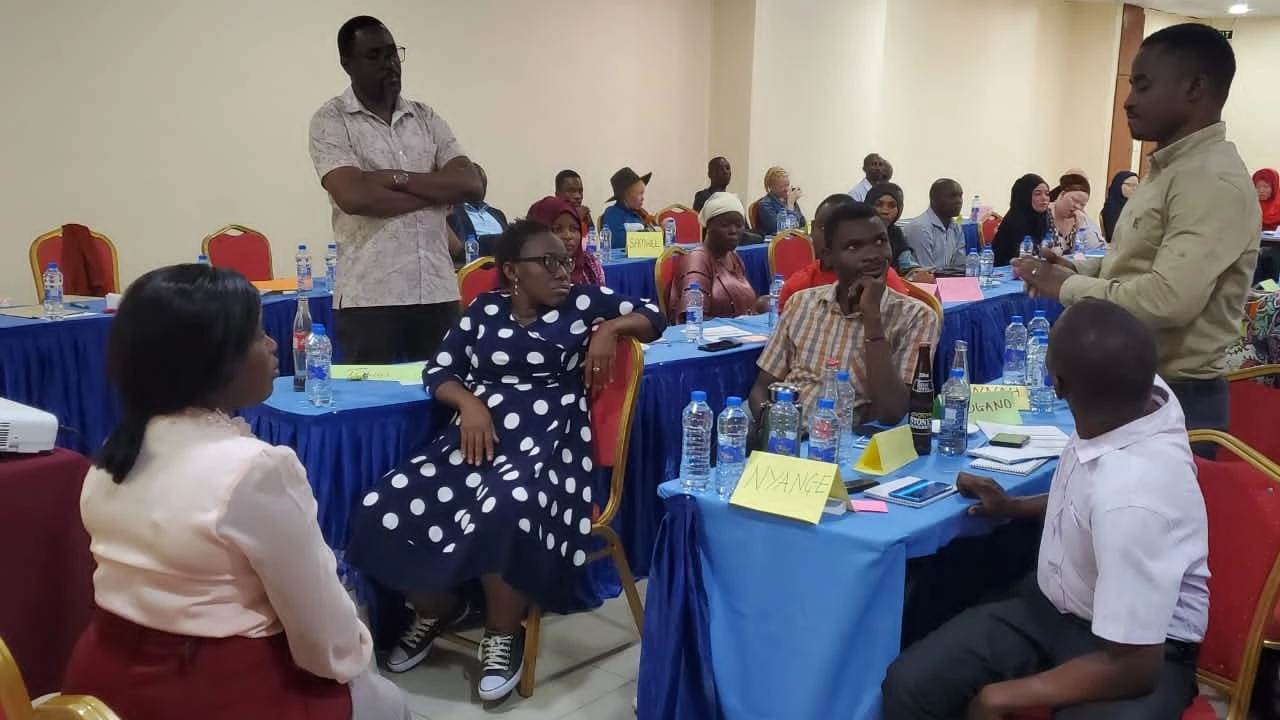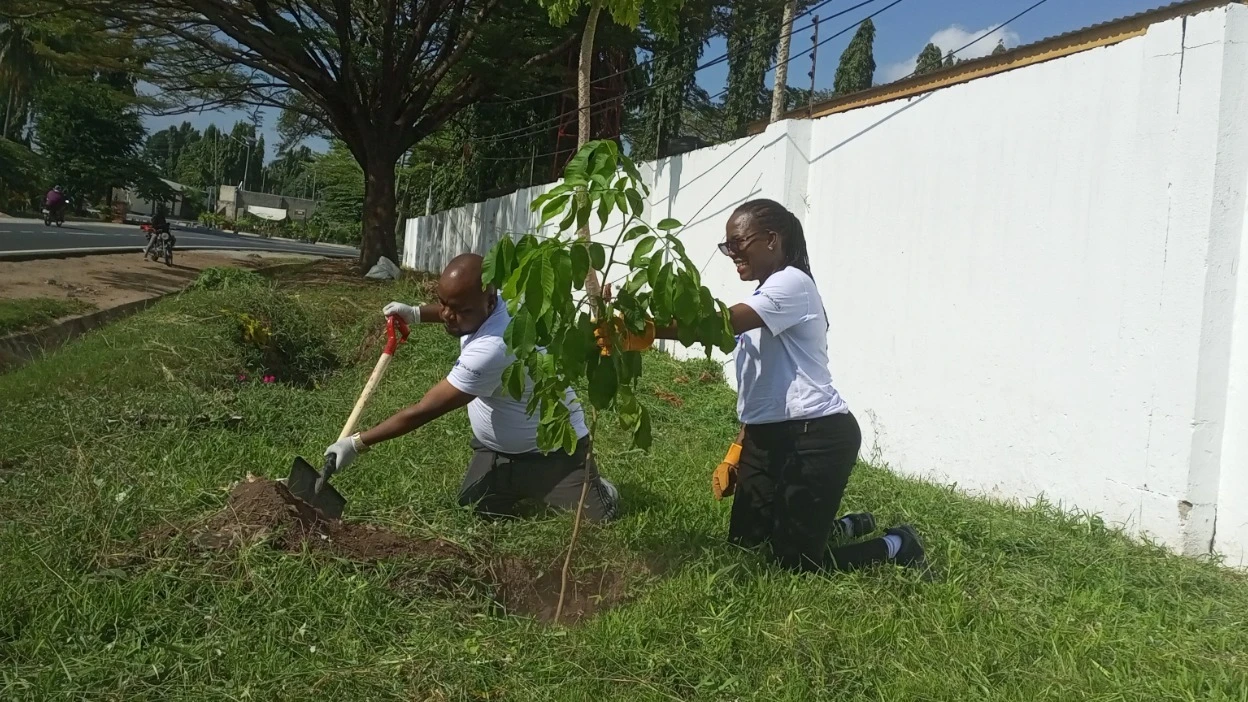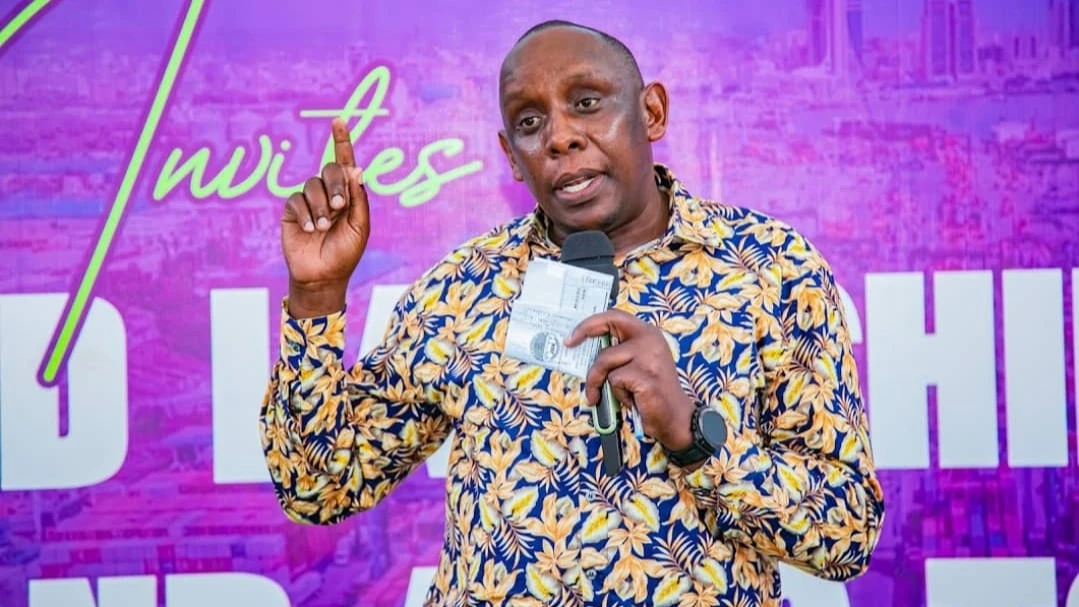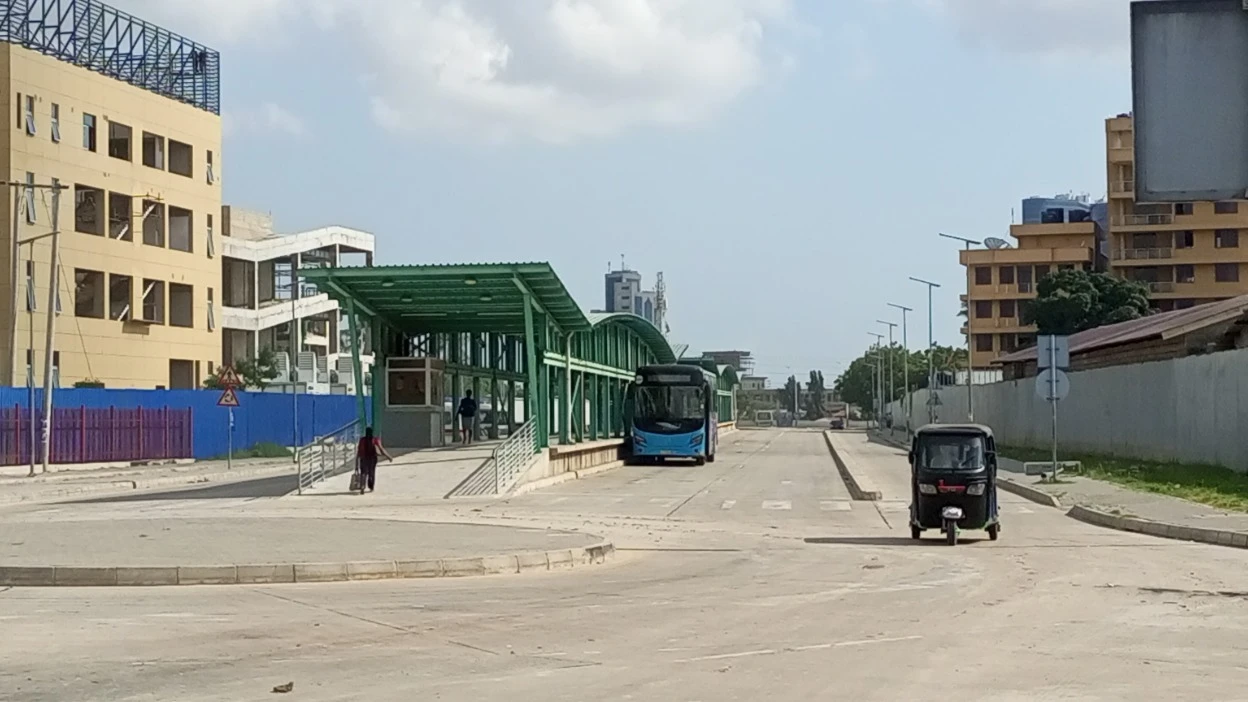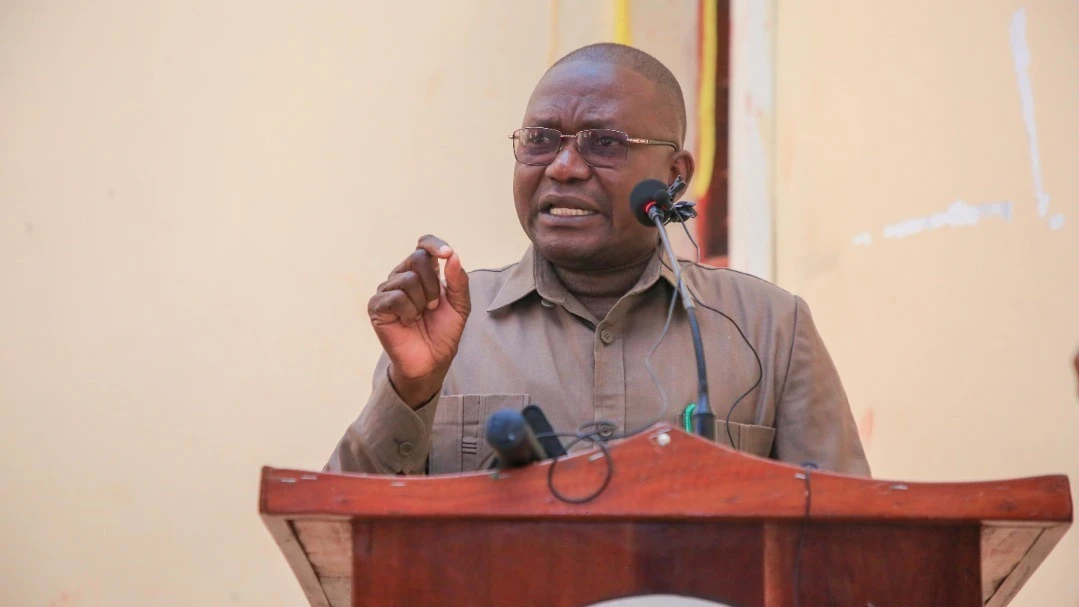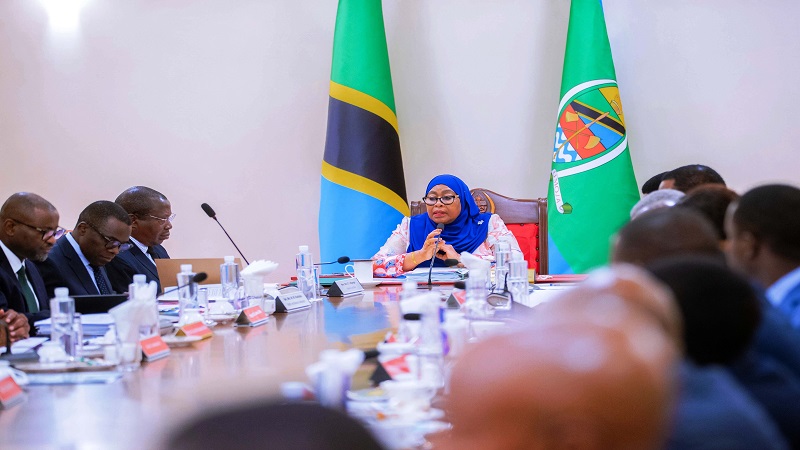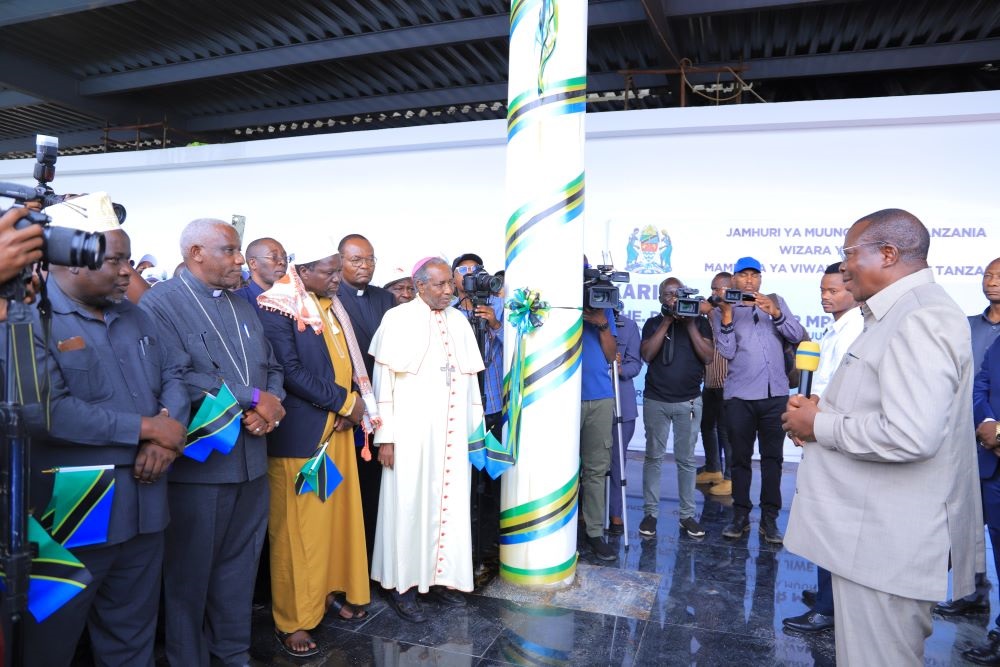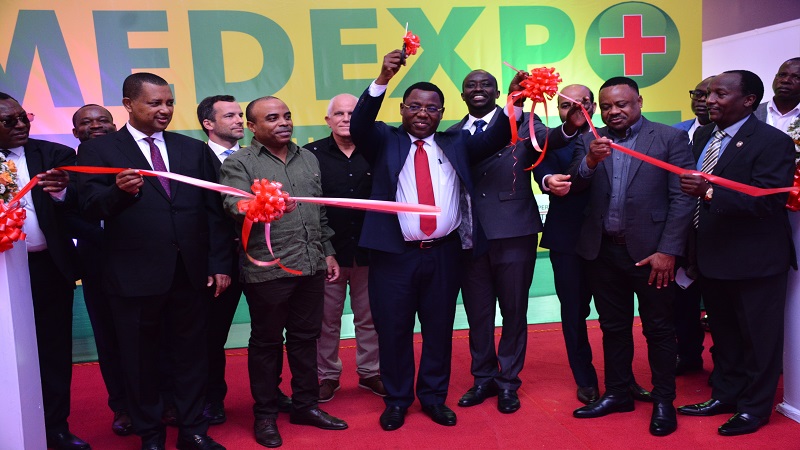Sexual reproductive health crucial to people with disabilities
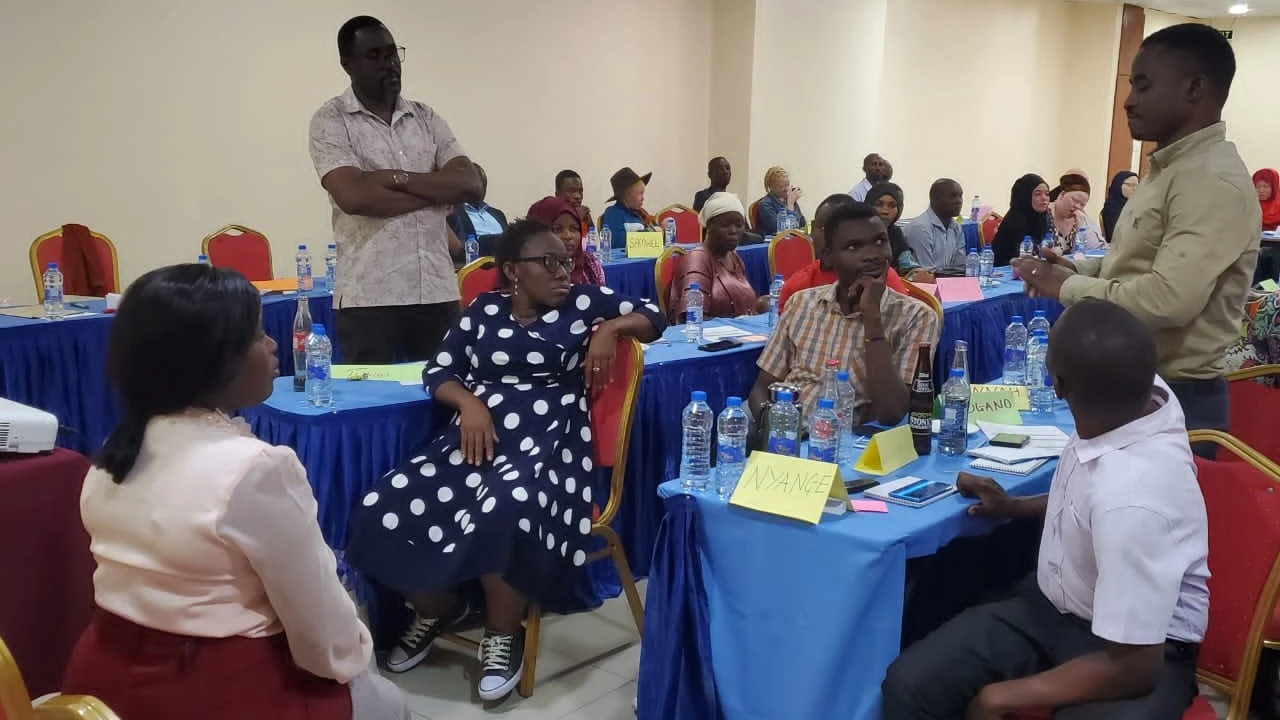
MAJORITY of young people in Tanzania face numerous challenges daily, including poverty, unemployment, and limited access to healthcare services. These struggles are even more severe for people with disabilities, as their health conditions make it harder to access education and healthcare.
For individuals with disabilities, impairments such as vision loss, mobility challenges, and hearing impairment further restrict their access to essential information, especially about their rights to healthcare, including sexual and reproductive health (SRH).
This lack of access exposes them to higher risks of contracting sexually transmitted diseases (STDs) and facing stigma, making it difficult to form relationships, raise families, or plan their families using modern contraceptive methods.
The situation also contributes to unintended pregnancies and unsafe abortions, further leading to maternal mortality.
To address these issues, Marie Stopes Tanzania (MST) organized a three-day workshop in Dodoma, aimed at educating people with disabilities on their healthcare rights, particularly in SRH.
The workshop brought together chairpersons from the Organizations of People with Disabilities, known as SHIVYAWATA, from 13 regions of mainland Tanzania, including Tanga, Shinyanga, Morogoro, Geita, and Mwanza, among others.
The event was also attended by Wambura Kizito, Acting Director of the Department of Persons with Disabilities at the Prime Minister’s Office. In his opening remarks, Kizito emphasized the government's commitment to supporting people with disabilities.
He outlined the laws, guidelines, and policies in place to ensure social service providers consider the needs of people with disabilities.
To further address these challenges, Tanzania ratified the United Nations Convention on the Rights of Persons with Disabilities (UNCRPD) in 2009 and enacted the Persons with Disabilities Act, which provides a legal foundation for safeguarding their rights and promoting their full participation in society.
Despite these efforts, many people with disabilities in Tanzania still face discrimination in schools, transportation, healthcare, and employment, leading to higher rates of poverty and social exclusion. The government has taken several initiatives, such as instructing the Tanzania Building Agency to ensure that all infrastructures, including the Bus Rapid Transit (BRT) system, is accessible to people with disabilities.
One of the ongoing efforts includes considering the employment of sign language experts in hospitals to ensure effective communication between hearing-impaired patients and doctors. The government is also working on guidelines to require sign language experts in all hospitals, ensuring people with disabilities receive confidential and comprehensive healthcare.
A multi-sectoral approach is essential to ensure the inclusion of people with disabilities in the country's socio-economic growth. Kizito noted that the government is working with various sectors to develop guidelines, policies, and laws that will enhance inclusion, whether in employment or service provision.
As of 2024 estimates, Tanzania’s population of 5.2 million people with disabilities still faces challenges in accessing information and services, despite the 2022 Tanzania Population and Housing Census indicating nearly 5 million people with disabilities out of 62 million Tanzanians.
Magdalena Thomas, the Gender Equality Youth and Social Inclusion Advisor with Marie Stopes Tanzania, highlighted that the workshop followed an assessment conducted in August to identify the barriers people with disabilities face in accessing healthcare. The findings revealed significant challenges, including a lack of information and data on people with disabilities in communities.
The workshop aimed to build the capacity of regional chairpersons of people with disabilities in SRH and family planning while promoting accountability and social inclusion in delivering these services. The event also focused on dispelling myths and misconceptions about traditional norms surrounding comprehensive post-abortion care (cPAC) and family planning services for people with disabilities.
Tungi Mwanjala, SHIVYAWATA vice-chairperson, said the workshop had empowered them with knowledge about their health rights, particularly concerning SRH, which they could share with others in their regions. She urged the government to ensure health centers offer confidential and accessible services to people with disabilities and called on the public to eliminate negative perceptions, acknowledging that people with disabilities have the same sexual needs as others.
Will-elimina Moshi, Project Lead at Marie Stopes Tanzania, explained that the three-year project, funded by a 5 million GBP grant from the Swiss Family Foundation, aims to include people with disabilities and marginalized groups in SRH and family planning services. The project, set to conclude in 2026, will also create a more conducive environment in public health centers, offering training and resources to improve healthcare access for people with disabilities.
The government continues to address the exclusion and invisibility of persons with disabilities by expanding access to inclusive education, healthcare, and information services. Globally, the World Health Organization estimates that 16 percent of the population, or 1.3 billion people, live with some form of disability.
Top Headlines
© 2024 IPPMEDIA.COM. ALL RIGHTS RESERVED












